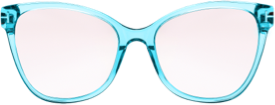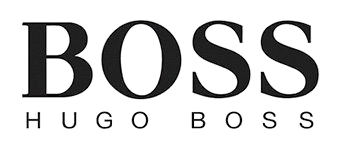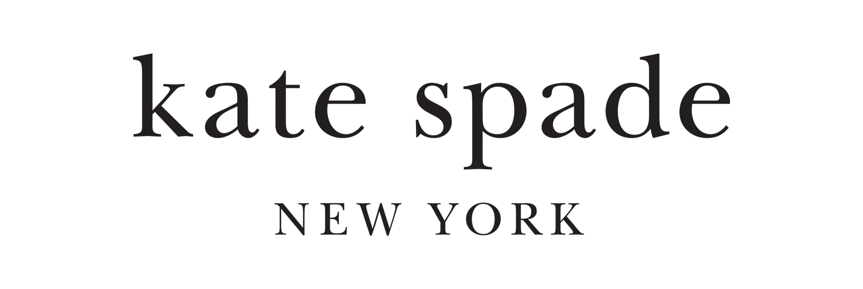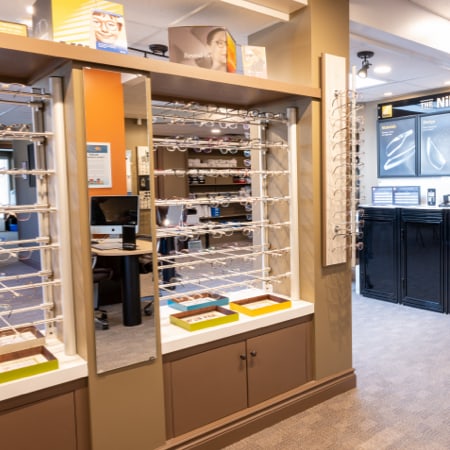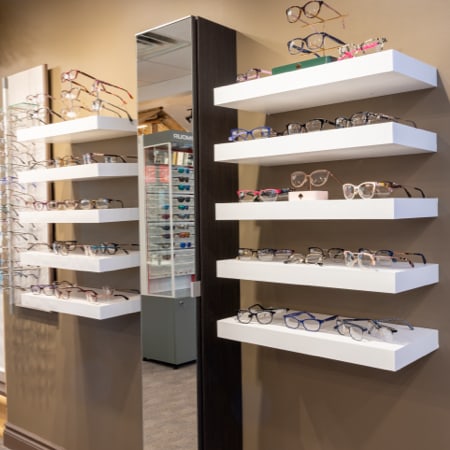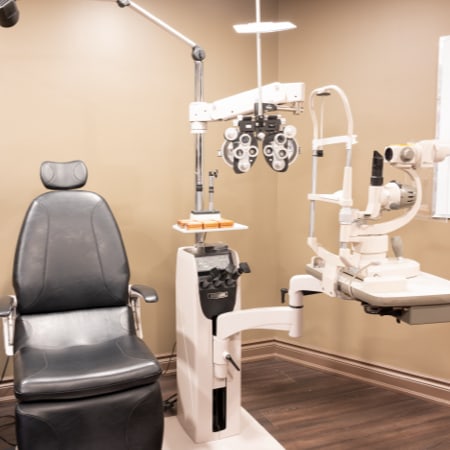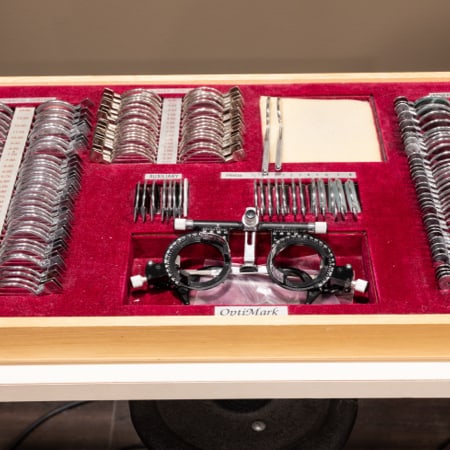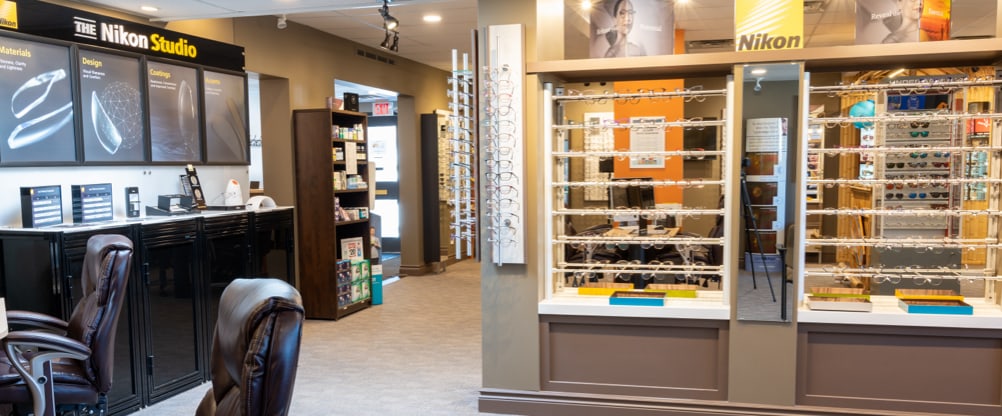A concussion can affect far more than balance or memory — it can also disrupt how your brain processes what you see. This can cause double vision, light sensitivity, trouble focusing, and other changes that interfere with daily life. Concussions affect vision by impairing eye coordination, focus, and visual processing, all of which may require treatment for full recovery.
What Are Concussion Vision Problems?
The relationship between head injuries and vision is complex. When the brain experiences trauma from a concussion, this can disrupt the intricate network of neural pathways responsible for processing visual information. Such disruptions can manifest in various ways, affecting everything from simple vision to complex visual processing skills.
Vision problems due to concussion occur because the brain controls multiple aspects of vision, including eye movement, focus, and the interpretation of visual signals. This means that an impact doesn’t have to be directly to the eyes—any jarring motion that causes the brain to bounce within the skull can have an effect on visual processing.
Common post-concussion vision symptoms include:
- Double vision (diplopia): Seeing two images of a single object
- Blurred vision: Difficulty achieving clear sight at any distance
- Light sensitivity (photophobia): Discomfort or pain when exposed to normal lighting
- Difficulty focusing: Trouble shifting focus between near and far objects
- Poor eye tracking: Inability to smoothly follow moving objects
- Visual field defects: Blind spots or reduced peripheral vision
- Convergence insufficiency: Difficulty bringing eyes together to focus on close objects
These symptoms can appear immediately after an injury, but may also develop gradually over days or weeks. Some people may experience mild symptoms that they initially dismiss, while others face severe vision disruption that significantly impacts their daily activities.
When to Seek Professional Help
It can be hard to know when to see a vision specialist after a concussion, especially if symptoms are mild or slow to appear. Early assessment can speed recovery and prevent long-term complications.
Seek immediate care if you have:
- Double vision
- Severe light sensitivity
- Significant blur
- Sudden vision changes
Even delayed or mild symptoms matter. If you notice difficulty with reading, computer work, driving, or other visual tasks in the weeks after an injury, get checked. If symptoms don’t improve within a few weeks or worsen, you may need active treatment.
How Vision Therapy Concussion Treatment Works
Vision therapy addresses the underlying neurological disruptions caused by brain trauma. It accomplishes this by retraining the brain’s visual processing systems through targeted exercises and activities.
The therapy process begins with a comprehensive assessment that evaluates all aspects of visual function. This includes testing eye movements, focusing abilities, depth perception, and visual processing speed. Based on these findings, a customized treatment plan addresses specific deficits and helps restore normal visual function.
Vision therapy exercises might include:
- Convergence training to help the eyes work together
- Eye tracking (saccadic and pursuit movements)
- Focusing activities to improve flexibility (accommodative exercises)
- Visual processing tasks to strengthen how the brain interprets visual information
The duration and intensity of vision therapy vary depending on the severity of symptoms and individual progress. Some patients see improvement within weeks, while others may require several months of consistent therapy.
Sports-Related Concussion & Vision
Athletes rely on sharp visual skills for tracking fast-moving objects, judging distances, and maintaining spatial awareness. A concussion can disrupt these abilities, leading to reduced performance, higher injury risk, and loss of confidence.
Young athletes are especially vulnerable because their brains are still developing, and they may not recognize or report vision problems. Parents and coaches should watch for signs such as:
- Difficulty catching or hitting balls
- Misjudging distances during play
- Blurry or double vision
- Increased clumsiness or coordination issues
- Avoiding visually demanding activities
- Fatigue during visual tasks
Even if an athlete feels physically ready to return, unresolved vision issues can delay recovery and increase risk of re-injury. A thorough vision assessment is an important step before resuming sports.
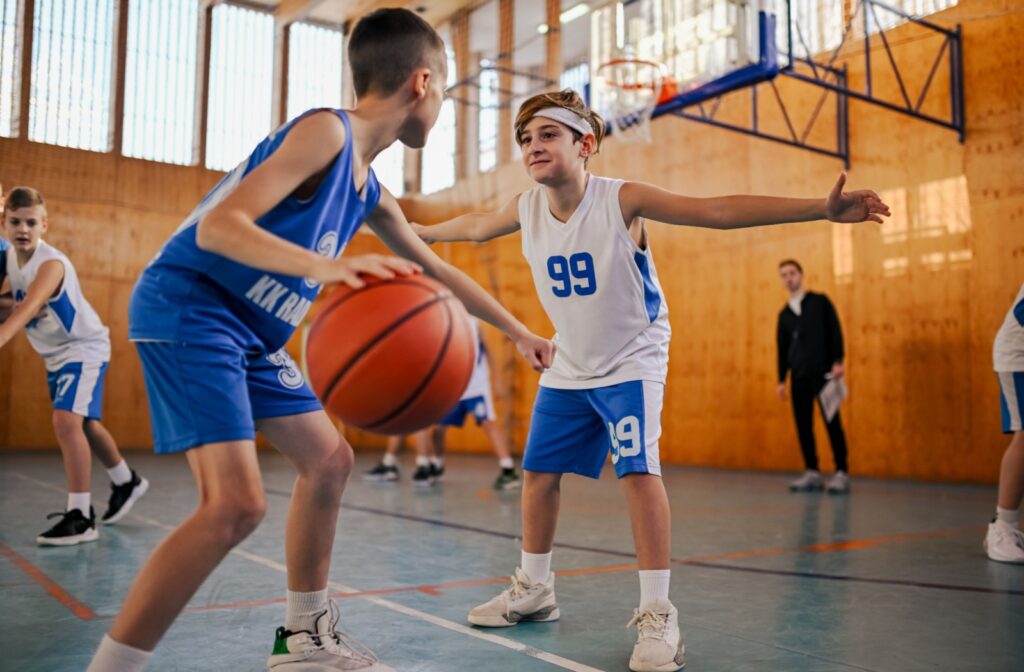
Treatment Options & Recovery
Effective treatment of post-concussion vision problems requires a multi-faceted approach that addresses both immediate symptoms and long-term recovery needs. A good treatment plan, like vision therapy, should be individualized based on the specific type and severity of vision problems that a patient presents.
- Eyewear solutions: Prism lenses can help correct double vision by redirecting light to help the eyes work together more effectively. Tinted lenses may reduce light sensitivity, while different lens coatings can minimize glare and visual discomfort.
- Neurolens technology These lenses help align the eyes, reducing eye strain and related symptoms like headaches and neck discomfort.
- Environmental modifications: Adjusting lighting conditions, using computer screen filters, and taking frequent visual breaks can reduce strain on the recovering visual system.
- Progressive rehabilitation: Gradually increasing visual demands as symptoms improve. This might start with basic eye movement exercises and progress to complex visual processing tasks.
Recovery monitoring is important throughout the treatment process. Regular follow-up appointments allow for treatment adjustments and progression towards full recovery. Some patients may need ongoing support for months, while others recover more quickly.
Start Your Journey to Visual Recovery
Post-concussion vision problems can be challenging, but with the right care, most patients see significant improvement. At Orillia Optometry, we provide assessments and evidence-based treatments, including vision therapy, to help restore visual function and confidence.
With over 20 years of experience, Dr. Shawn Moore brings a strong background in vision therapy and concussion management, along with a commitment to helping patients feel informed and confident about their eye health.Book your post-concussion vision assessment with Orillia Optometry today and receive a personalized plan for clearer, more comfortable vision.




